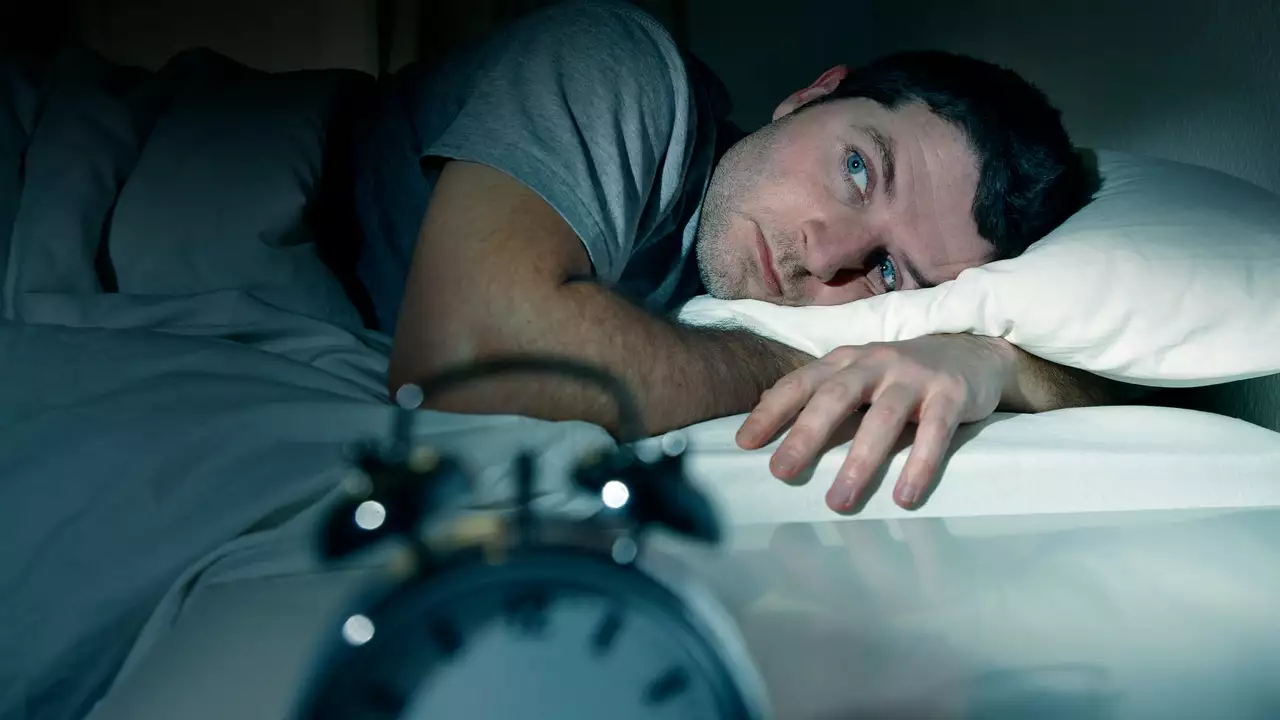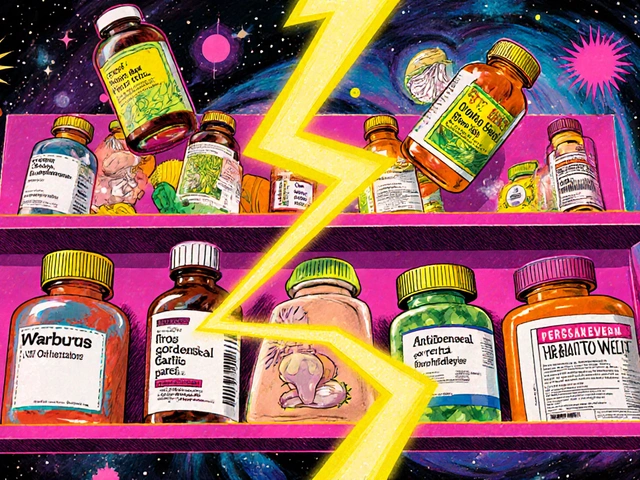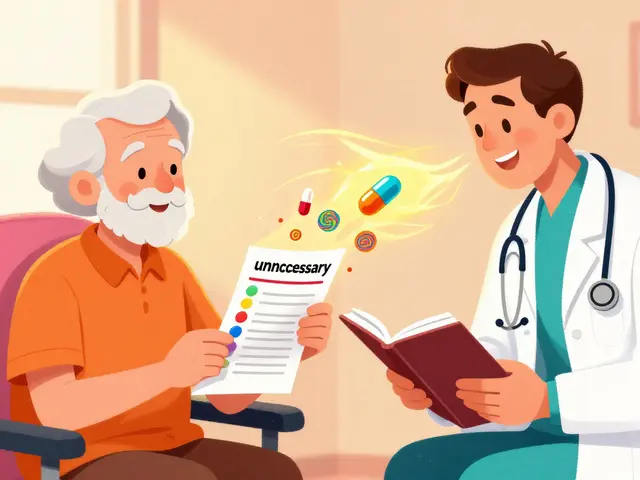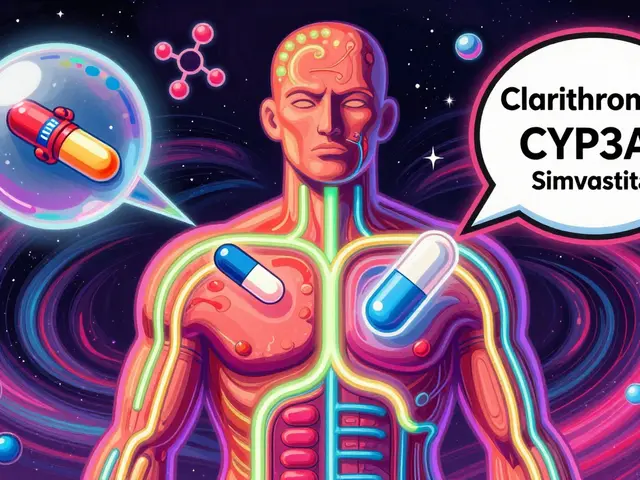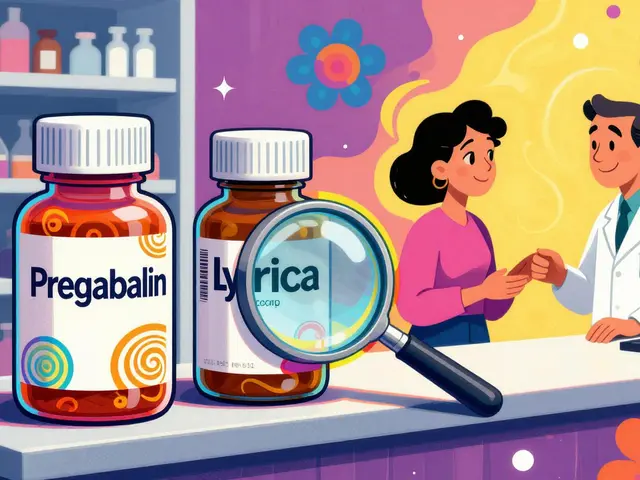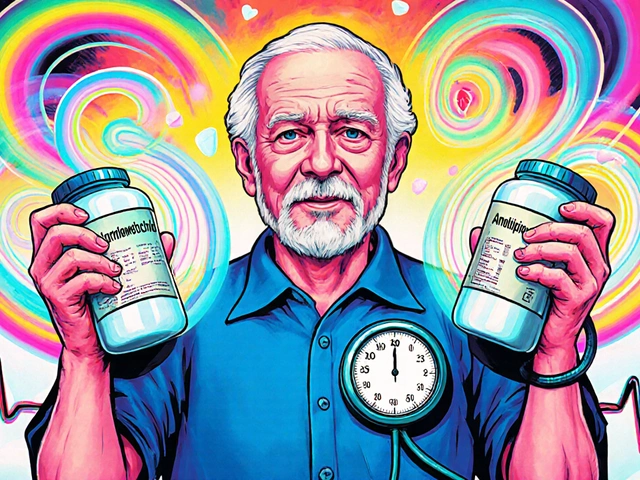Insomnia Treatment: Real Ways to Get Better Sleep Tonight
If you’re scrolling at 2 am wondering why you can’t shut off your brain, you’re not alone. Insomnia hurts more than just your mood – it messes with work, health, and even relationships. The good news is there are practical steps you can take right now without waiting for a doctor’s appointment.
Over‑the‑counter options that actually help
First stop: the pharmacy aisle. Products like Unisom (diphenhydramine) are cheap, easy to find, and work for many short‑term sleepers. The key is timing – take it 30 minutes before you plan to be in bed, not right after dinner. If you notice grogginess the next morning, lower the dose or try a different brand.
Another popular choice is melatonin. It’s a hormone your body already makes, so supplementing can reset a messed‑up clock. Start with 0.5 mg to 1 mg about an hour before bedtime and adjust based on how you feel. For night‑shifters or jet‑laggers, melatonin works best when paired with a dark room and limited screen time.
Herbal blends like valerian root or chamomile tea are gentle alternatives if you’re sensitive to antihistamines. Brew a cup 20 minutes before lights out and sip slowly – the ritual itself can signal your brain that it’s wind‑down time.
Prescription & medical help when OTC isn’t enough
If over‑the‑counter tricks don’t cut it, a prescription may be worth considering. Medications such as Ambien (zolpidem), Lunesta (eszopiclone), or low‑dose antidepressants like Trazodone are often used for chronic insomnia. They’re effective but come with warnings: don’t mix them with alcohol, and avoid driving the next day until you know how they affect you.
Before a doctor writes anything, expect a short questionnaire about your sleep habits, medical history, and any other meds you take. This helps rule out underlying issues like anxiety, depression, or restless‑leg syndrome that might need different treatment.
Besides pills, cognitive behavioral therapy for insomnia (CBT‑I) is a proven non‑drug approach. It teaches you how to break the cycle of worrying about sleep and replaces bad habits with healthier ones. Many insurers cover a few sessions, and there are reputable online programs if in‑person visits are tough.
Don’t forget lifestyle tweaks. Keep your bedroom cool (around 65 °F), block out light with blackout curtains, and reserve the bed for sleep only – no scrolling or working. A consistent bedtime routine, even on weekends, tells your internal clock it’s time to rest.
Finally, track what works. Use a simple notebook or an app to log bedtime, how long you slept, and any meds or supplements taken. Patterns emerge quickly, helping you fine‑tune the perfect mix of habits and treatments.
Insomnia can feel endless, but with the right combination of over‑the‑counter aids, prescription help when needed, and solid sleep hygiene, you’ll start seeing better nights sooner than you think. Give one change a week a try – you might be surprised how fast your body adjusts.
Trazodone vs. Other Sleep Aids: A Comparison
In my latest blog, I delve into a detailed comparison between Trazodone and other sleep aids. Trazodone, originally an antidepressant, has recently gained popularity as a sleep aid, but how does it stack up against other options? We'll explore its effectiveness, side effects, and how it works differently from other sleep aids. Additionally, we'll discuss the benefits and drawbacks of using Trazodone as a sleep aid compared to traditional options. It's crucial for those struggling with sleep issues to fully understand their options, so join me as we navigate this important topic.

